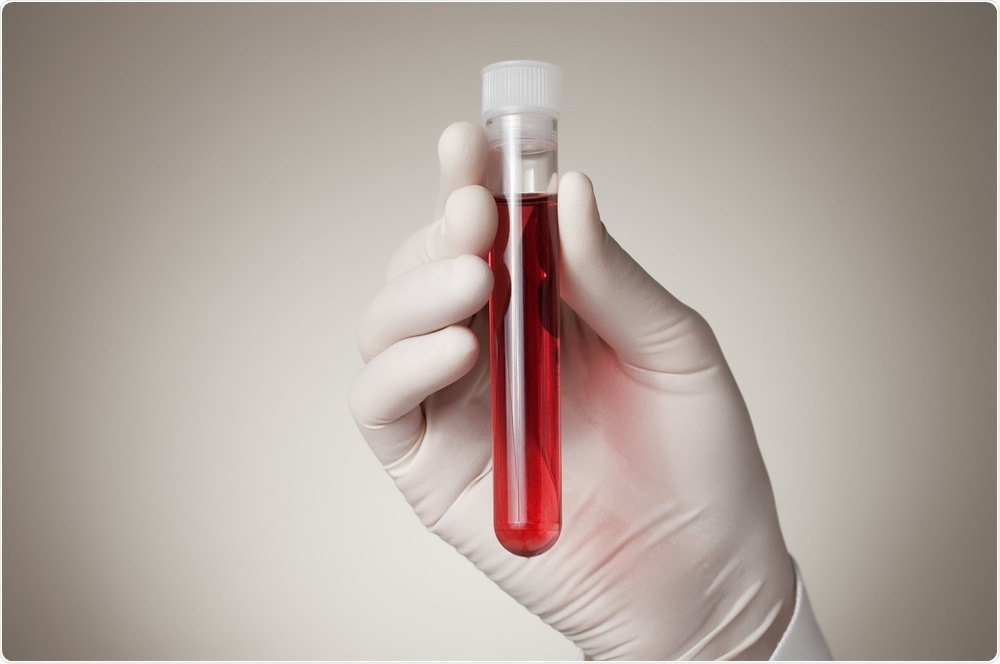A study led by the Beth Israel Deaconess Medical Center has identified a tumor biomarker that could be used to predict the onset of renal cell carcinoma (RCC) years before the disease is diagnosed.

Image Credit: Csaba Deli / Shutterstock
The research showed that a protein called KIM-1, which is elevated in the blood of some RCC patients at the time of diagnosis, could also be used as a tool to predict onset of the disease up to five years prior to diagnosis.
Lead investigator Rupal Bhatt (Harvard Medical School) says the study showed a significant association between plasma KIM-1 concentrations and the risk of renal cell carcinoma.
The team also found that KIM-1 concentrations were associated with poorer survival. Further studies are needed, but a sensitive and specific tumor marker that can detect early stage RCC would have strong potential to improve overall survival."
Rupal Bhatt, Lead Investigator
For the study, Bhatt and colleagues used data from the European Prospective Investigation into Cancer and nutrition (EPIC).
They compared the blood KIM-1 level in samples taken from individuals who developed RCC within five years with the level in samples taken from participants who stayed healthy.
As reported in the journal Clinical Cancer Research, the team found that, among the participants who were eventually diagnosed with RCC, the level of KIM-1 was double that of the participants who remained healthy.
Furthermore, when the KIM-1 level was incorporated into a model for predicting kidney cancer risk, the accuracy of the model was increased by approximately two-fold.
Co-first author David Muller refers to the finding as a big step forward, with KIM-1 being the only blood biomarker shown prospectively to differentiate between people’s risk of kidney cancer.
However, he emphasizes that more work will be required before this blood test can be implemented in the clinic.
Bhatt says it will be important to understand more about the settings in which KIM-1 might be included as part of patient care:
We don't expect that KIM-1 will be useful as a screening test, as risk of RCC in the general population is low. KIM-1 is more likely to be relevant in high-risk populations or as an adjunct to other diagnostic procedures."
Rupal Bhatt, Lead Investigator